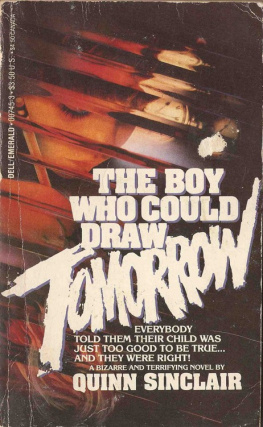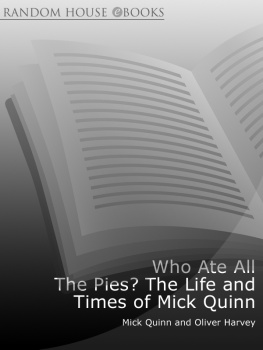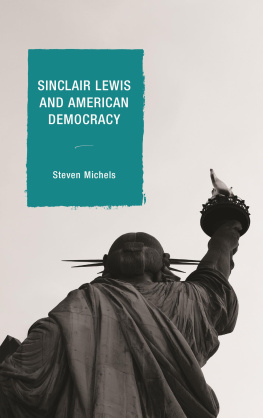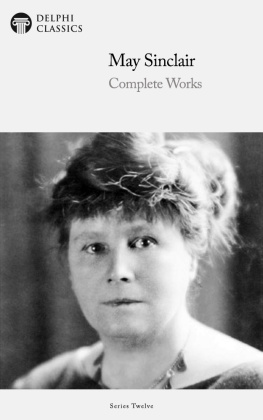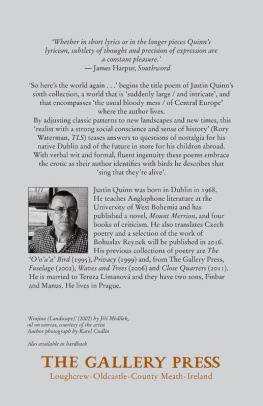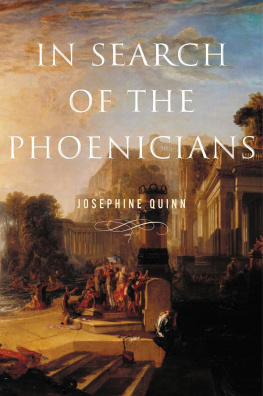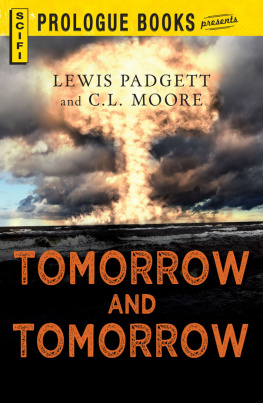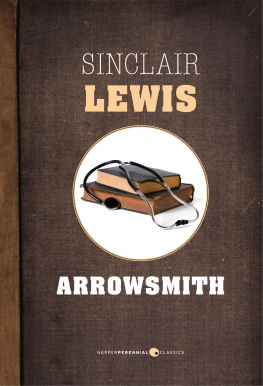Quinn Sinclair - The Boy Who Could Draw Tomorrow
Here you can read online Quinn Sinclair - The Boy Who Could Draw Tomorrow full text of the book (entire story) in english for free. Download pdf and epub, get meaning, cover and reviews about this ebook. year: 1984, publisher: Dell Pub. Co., genre: Detective and thriller. Description of the work, (preface) as well as reviews are available. Best literature library LitArk.com created for fans of good reading and offers a wide selection of genres:
Romance novel
Science fiction
Adventure
Detective
Science
History
Home and family
Prose
Art
Politics
Computer
Non-fiction
Religion
Business
Children
Humor
Choose a favorite category and find really read worthwhile books. Enjoy immersion in the world of imagination, feel the emotions of the characters or learn something new for yourself, make an fascinating discovery.
- Book:The Boy Who Could Draw Tomorrow
- Author:
- Publisher:Dell Pub. Co.
- Genre:
- Year:1984
- Rating:3 / 5
- Favourites:Add to favourites
- Your mark:
- 60
- 1
- 2
- 3
- 4
- 5
The Boy Who Could Draw Tomorrow: summary, description and annotation
We offer to read an annotation, description, summary or preface (depends on what the author of the book "The Boy Who Could Draw Tomorrow" wrote himself). If you haven't found the necessary information about the book — write in the comments, we will try to find it.
The Boy Who Could Draw Tomorrow — read online for free the complete book (whole text) full work
Below is the text of the book, divided by pages. System saving the place of the last page read, allows you to conveniently read the book "The Boy Who Could Draw Tomorrow" online for free, without having to search again every time where you left off. Put a bookmark, and you can go to the page where you finished reading at any time.
Font size:
Interval:
Bookmark:
THE BOY WHO COULD DRAW TOMORROW
Quinn Sinclair
Watch him. Watch him as he does what he does. See that it is effortless, yet meticulous, and that it happens very fast.
First, he takes a pad thick with many sheets of paper, and he parts them eagerly to expose a fresh, white page. With his left hand, he now takes up the instrument he favors for the extrusion of black ink, an ordinary felt-tip pen endowed with a remarkably hard nib.
He touches the nib to the paper, a field of limitless possibilityand then the boy begins, the pen skittering from here to there in quick, electric motions as the segments of a deep design accumulate swiftly on the page. In seconds, sometimes minutes, the parts coalesce, the picture comes clear.
What is it?
It could be anythingfor he is a small boy and thus a colossus in what he imagines. Perhaps he draws his motheror the sister he does not have. He could draw Heaven if he wantedor the worst monsters loosed from Hell. He is bound by nothing as his senses trail helplessly after the nib traveling its indelible course across a universe of paper. He is, after all, a childand life has still to instruct him that a Pilot Razor Point pen is no more than a mere mechanical contrivance, and that a 9 X 12 All-Purpose Jumbo pad is just so many sheets of paperthings finite, things perishable, products manufactured to be sold for profit and not for the purpose of performing magic.
There! He is finished now. You would think it took no time at all. Yet centuries, whole epochs, a history beyond fathoming guided the hand that wrought the awesome inkings which yield the picture on this page.
What is it?
It could be anythingfor he is no more than a boy and therefore stupendous in what he imagines. In this, be warned, the child is like a god, and the pen his terrible scepterwhile the 9 x 12 pad before him is nothing less than the whole wide impending world.
A week after Hal Cooper was promoted to chief of publicity at Manhattan Records, his wife Peggya trim, brown-haired womanwas named head window-dresser at Bloomingdale's. Neither of them would have been Central Casting's idea of the roles they'd been assigned. Hal was a big, easy-going man, a fellow with more freckles than you'd try to count, whereas PeggyPegs to her dad back in Pensacola and Pegs to Halhad the sort of crisp good-looks that made you think suburban matron and Junior League, a far cry from the sleek, hardbitten style common to women who worked in fashion.
Despite the hectic pace of their jobs, the Coopers were a relaxed, carefree couple, quick to smile over small pleasures, eager to pitch in and lend a hand, willing and friendly even when the pressure was on. Their boy Sama happy, spirited child of sixwas a perfect facsimile of his parents, featuring Hal's freckles and Peggy's clean features, exuding the warm and cheerful manner that made people so fond of his mother and father.
The Coopers were special. But it wasn't the kind of specialness that aroused envy. On the contrary, it was because the Coopers appeared to be such an ordinary couple, so clean-cut and wholesome, that you kept your eye on them and watched their progress in the world. It made you feel good when things went well for Hal and Peggy. It made you feel that, in this one case at least, the time-honored virtues paid off.
It was the same with Sam.
For example, his nursery school teacherthe one he'd had last yearwas always sending home little flattering notes, a few hastily written sentences whose breathless praise of Sam delighted Hal and Peggy, but whose content it was their habit to take in modest stride. It seemed that Miss Goldenson never tired of composing these little notes. Indeed, weeks after the term was over, still another one came, this time by mail.
"It has been such a joy to work with Sam! His is such a sweet disposition! How special he is, this kind, light-hearted boy of yours. And so talented at drawing pictures! Whatever you do, at all costs you must encourage his interest in art! Have a happy, healthy summer! Yours sincerely, Cecile Goldenson."
***
Of course, the Coopers were thrilled to have these endorsements of their son. As effusive as they were, in truth they were probably not far from the mark. Sam was an extraordinarily good boy. But why not? His was a happy, loving home. Yet proud as they were, Hal and Peggy were sensible people, and they did their best to keep their pride over Sam in check. After all, to get too showy about it wasn't the way the Coopers did things. It wasn't healthy to get all puffed up. The gods might get jealous, and then what?
As for Sam's being so crazy about drawing, well, Hal and Peggy weren't sure how much talent the boy really had. But they were glad he liked to do something creative. It was good for Sam to have an emotional outlet, a means of expressing his deepest feelings and secrets. Still, pleased as the Coopers were that their son loved to draw so much of the time, they cultivated no fanciful illusions about the boy's passion for paper and pen. After all, how many times had Peggy picked up a book on early childhood development and read there that lots of kids showed startlingly preco cious achievement of some kind, only to have the impulse wear off when school and homework began to hit hard?
Wasn't Sam slated to start first grade in the fall? Chances were he'd forget all about drawing once school got really serious.
***
When the set of promotions had come through, the Coopers were both delighted and surprised. Hal wired his folks back in Grand Island, Nebraska, and Peggy called her dad, a retired airline pilot and widower who passed his days tinkering with humorously pointless inventions.
"Pop?" Peggy cried when her father picked up the phone in Pensacola. She was grinning impishly at Hal, who stood next to her ready to talk too, listening and beaming.
"It's Pegs, Pop. Guess what!"
She told him the good news and put on Hal and then called Sam to say good-night.
Later on that night, Hal and Peggy made love a little longer and more ferociously than usual. Even so, afterwards, as spent as they were, neither of them could drift off to sleep. They lay huddled together, dreamily musing on all their good fortune. Near dawn, when the grey light began snaking itself around the edges of the drawn window shade, Peggy wondered aloud if with their new salaries they might start looking for a better place to live, a larger apartment in a safer neighborhood. Hal stroked her hair and agreed that it was certainly in the cards, that it was high time Sam had a real room, something big enough to handle a double-decker so that, now that he was getting old enough, he could sometimes have a friend stay overnight.
***
It was no use trying to sleep after thatthey were much too excited with the idea of what the new money really meanta decent apartment at last.
Peggy got up and went to the kitchen to make coffee and start breakfast. Hal rolled over and watched her go, appreciating with a connoisseur's detachment the strong, straight back and the voluptuous cadence of her high hips.
He reached to the floor and pulled his briefcase up onto the bed. He figured he'd use the extra hour to polish some releases he was working on. But it wasn't easy concentrating. He thought about Peggy naked and walking, and then he thought about going to get her and carrying her back to bed. Or maybe he should wake Sam and tell him to get set for a brand new home, a place with lots of space and on a street that wasn't so damned noisy at night.
The more Hal Cooper thought about moving, the more he understood it was the perfect time. Sam would be starting school in earnest, so why not one of the better ones? As high as tuitions were these days, they could still probably afford that, too, right along with the new apartment. This was something else he'd have to talk to Peggy aboutthe right set-up for Sam, a first-rate private school.
Font size:
Interval:
Bookmark:
Similar books «The Boy Who Could Draw Tomorrow»
Look at similar books to The Boy Who Could Draw Tomorrow. We have selected literature similar in name and meaning in the hope of providing readers with more options to find new, interesting, not yet read works.
Discussion, reviews of the book The Boy Who Could Draw Tomorrow and just readers' own opinions. Leave your comments, write what you think about the work, its meaning or the main characters. Specify what exactly you liked and what you didn't like, and why you think so.

